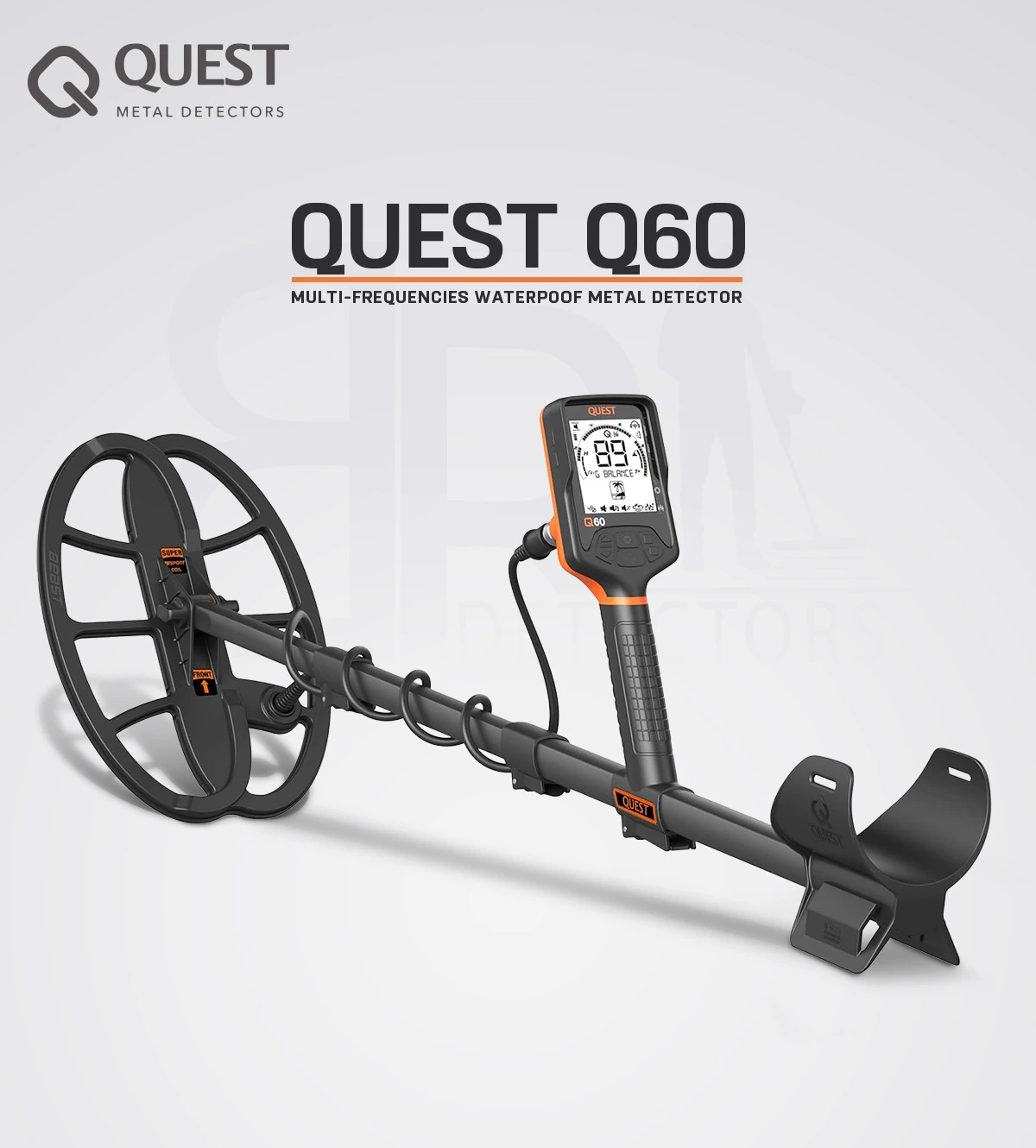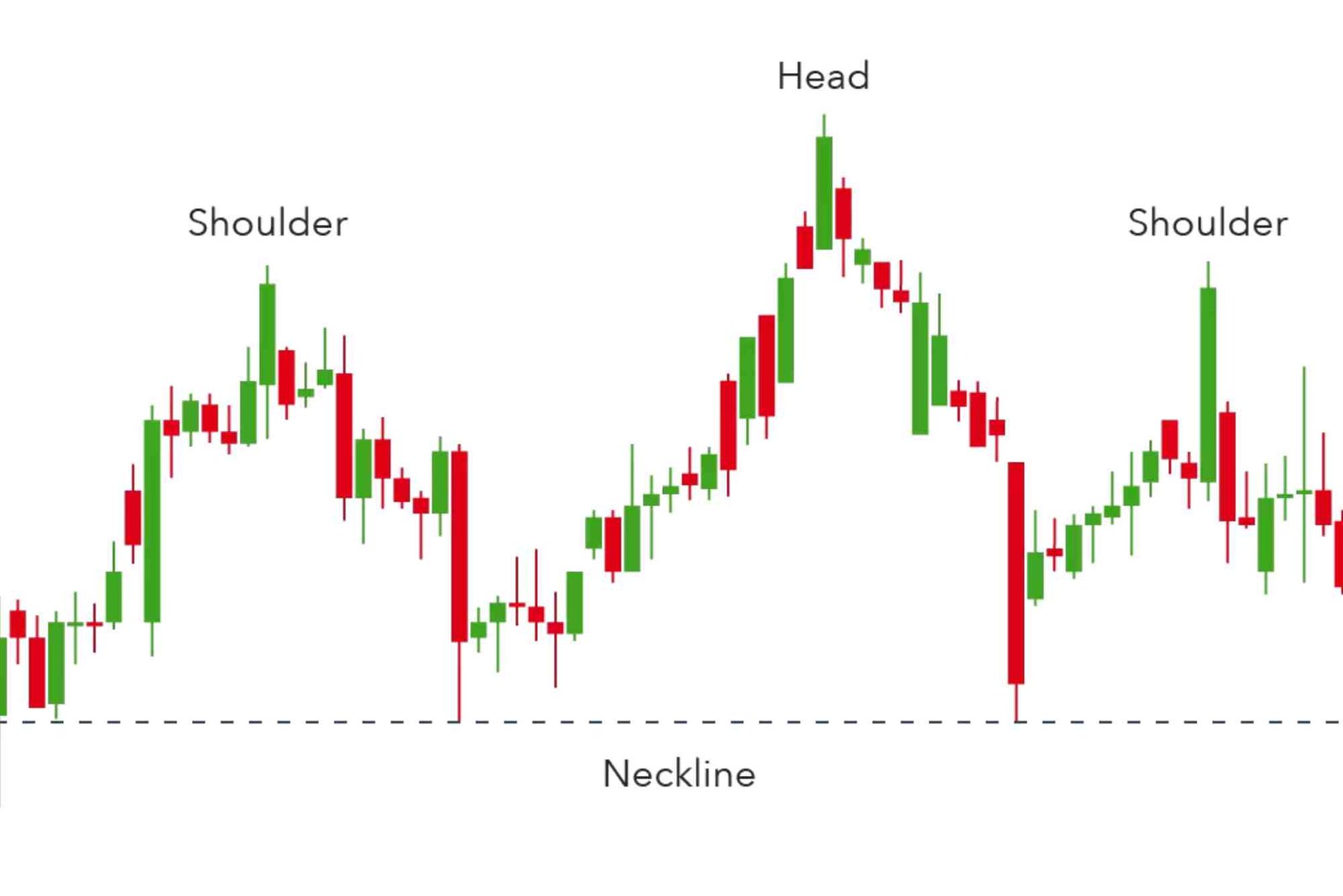Original Equipment Manufacturers (OEMs) rely heavily on the precision, efficiency, and reliability of their suppliers to deliver high-quality products. In today’s competitive manufacturing landscape, plastic components play an essential role in everything from automotive assemblies to consumer electronics. This is where a skilled plastic mold parts manufacturer comes in. By partnering with a capable injection mold parts factory, OEMs can ensure that their production lines run smoothly, parts meet stringent quality standards, and timelines are met without costly delays.
Understanding how these manufacturers support OEM production requires exploring their technical capabilities, production processes, and collaborative approach. From my experience working with multiple factories, it’s clear that a strong partnership between OEMs and mold manufacturers is crucial for achieving both efficiency and innovation.
Precision Engineering for Consistent OEM Components
OEM production often demands high precision and consistency. A single defective part can disrupt assembly lines, delay shipments, or even compromise product safety. Injection mold parts factories specialize in producing large volumes of identical components with exact specifications.
A professional plastic mold parts manufacturer will use advanced machinery such as CNC milling, EDM, and injection molding presses to create molds that produce parts with tight tolerances. These factories can handle everything from complex geometries to tiny, intricate details that OEMs require. For instance, automotive OEMs often need components like interior fittings, clips, and housings that must meet strict dimensional and aesthetic requirements. The manufacturer’s expertise ensures each piece fits perfectly, reducing the risk of assembly issues.
Material Expertise for Optimal Performance
Another critical way that plastic mold parts manufacturers support OEM production is through material selection. Different OEM applications demand different properties—strength, flexibility, heat resistance, or chemical resistance. A reliable factory can guide OEMs in choosing the right thermoplastic or engineering resin for their product.
For example, an electronic device casing may require ABS for impact resistance, while an automotive fluid reservoir may need polypropylene for chemical compatibility. By providing insight on material properties, cost implications, and long-term durability, the injection mold parts factory becomes a strategic partner rather than just a parts supplier.
Prototyping and Design Assistance
Before full-scale production, OEMs often require prototyping to validate designs and identify potential issues. Experienced plastic mold parts manufacturers offer rapid prototyping and design support, which is essential for reducing development cycles.
In one project I observed, an OEM client was developing a new appliance. The injection mold parts factory suggested minor modifications to wall thickness and draft angles. This small adjustment improved mold flow, minimized warping, and saved significant costs during mass production. Such collaboration demonstrates how manufacturers can proactively support OEMs beyond simple part production.
Quality Control and Compliance
For OEM production, quality assurance is non-negotiable. A top-tier plastic mold parts manufacturer integrates comprehensive quality control measures into every stage of production. This includes incoming material inspection, in-process monitoring, and final part testing.
Many factories also comply with industry standards such as ISO 9001, IATF 16949 (automotive), or ISO 13485 (medical devices). Compliance with these standards reassures OEMs that every component meets regulatory requirements and performance expectations. Without this level of oversight, OEMs would risk costly recalls, production halts, or customer dissatisfaction.
Scalability and Timely Delivery
OEM production often requires flexibility in order volumes. Seasonal demand spikes or product launches can necessitate quick scaling of part production. Reliable injection mold parts factories have the capacity and logistics to ramp up production efficiently.
A strong plastic mold parts manufacturer will also manage supply chain coordination, ensuring raw materials are available and production schedules align with OEM timelines. This reduces downtime and enables OEMs to maintain consistent delivery to their customers. In my experience, factories that excel in logistics often become long-term partners for OEMs, thanks to their ability to meet tight deadlines without compromising quality.
Cost Efficiency Through Collaboration
Partnering with a capable plastic mold parts manufacturer can also improve cost efficiency for OEMs. Experienced manufacturers optimize mold design, reduce material waste, and streamline production processes to minimize costs. By collaborating early in the design phase, OEMs can achieve cost-effective solutions without sacrificing quality.
For instance, selecting a suitable plastic grade, refining mold design, or choosing multi-cavity molds can significantly reduce per-unit costs. The injection mold parts factory acts as both a technical consultant and production partner, creating value beyond the mere supply of components.
Continuous Support and Innovation
The best plastic mold parts manufacturers don’t just supply parts—they innovate alongside OEMs. This includes suggesting design improvements, exploring new materials, and implementing advanced manufacturing techniques such as automation or 3D-printed mold inserts.
I’ve seen OEMs benefit immensely from this kind of partnership. For example, a manufacturer introduced gas-assisted injection molding for a complex automotive component. The technique improved surface finish, reduced cycle time, and enhanced structural integrity, giving the OEM a competitive advantage in the market.
Conclusion
Plastic mold parts manufacturers play a pivotal role in supporting OEM production. From precision engineering and material expertise to quality control, scalability, and cost efficiency, these factories are essential partners in bringing products from concept to market. By collaborating with a knowledgeable injection mold parts factory, OEMs can reduce risks, accelerate development, and maintain consistent production standards.
When selecting a manufacturer, OEMs should prioritize technical expertise, communication, reliability, and innovation. The right partnership ensures that production is not just efficient, but also adaptive and forward-looking—qualities that are increasingly important in today’s fast-paced manufacturing landscape.









